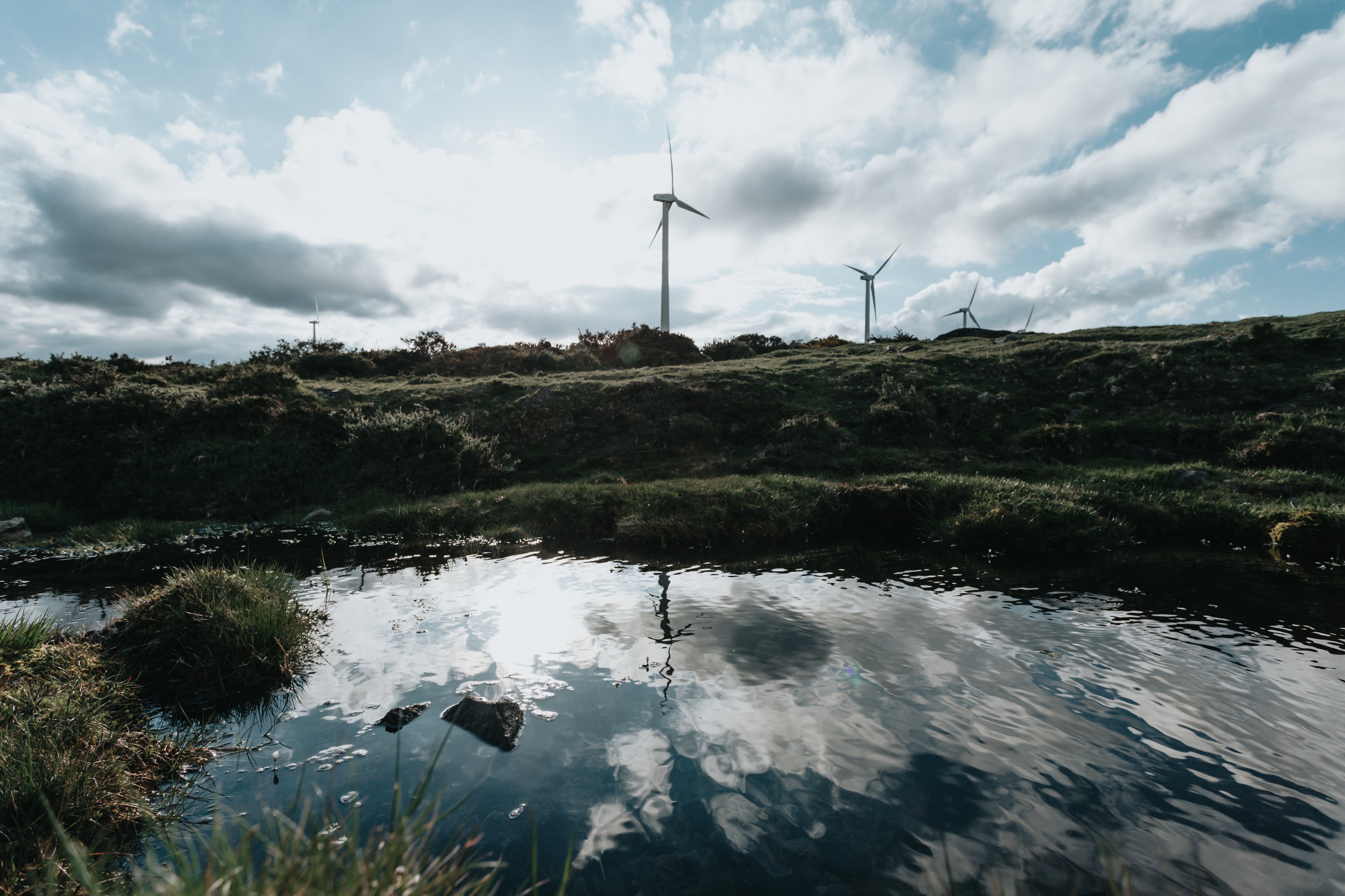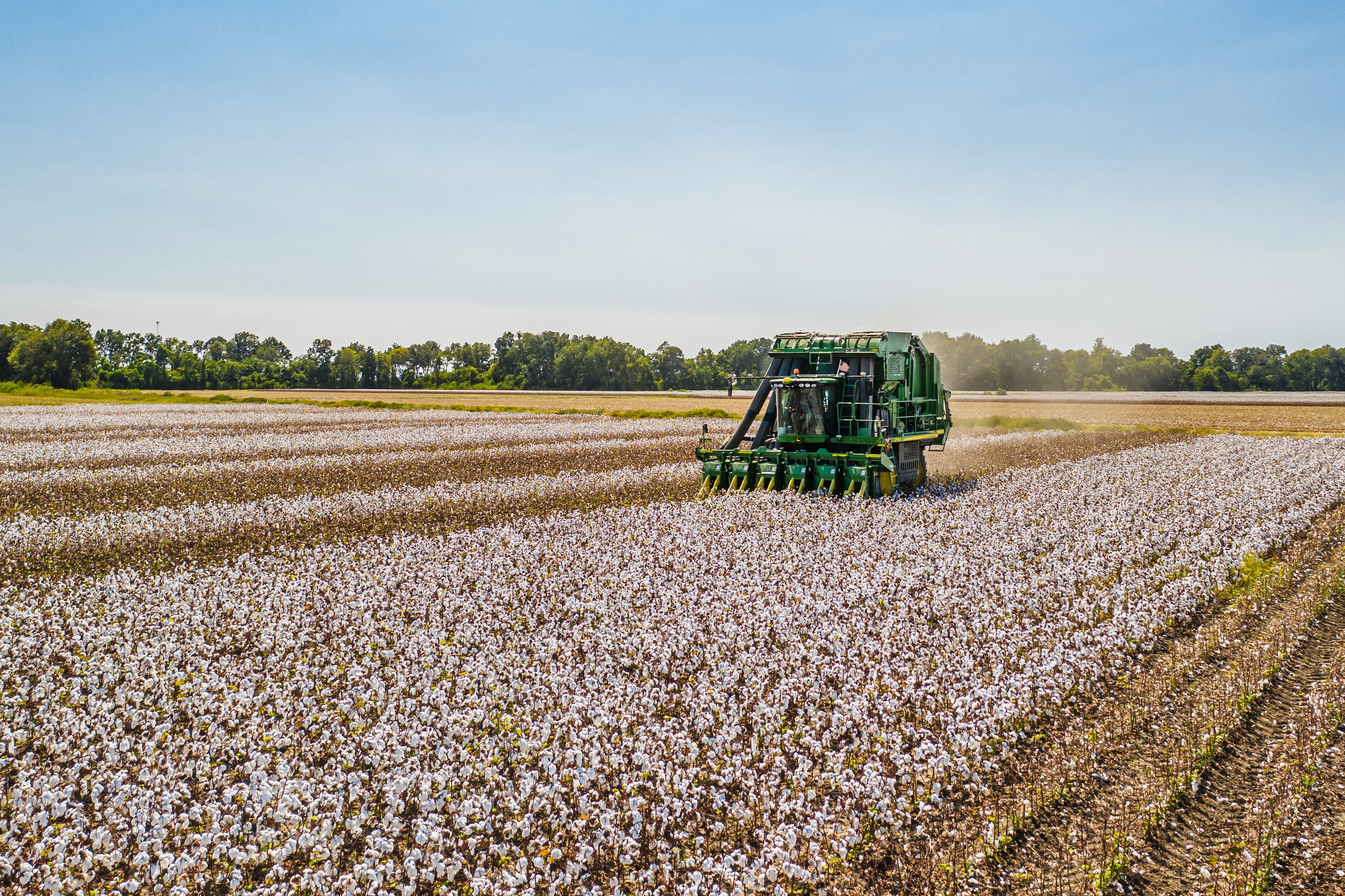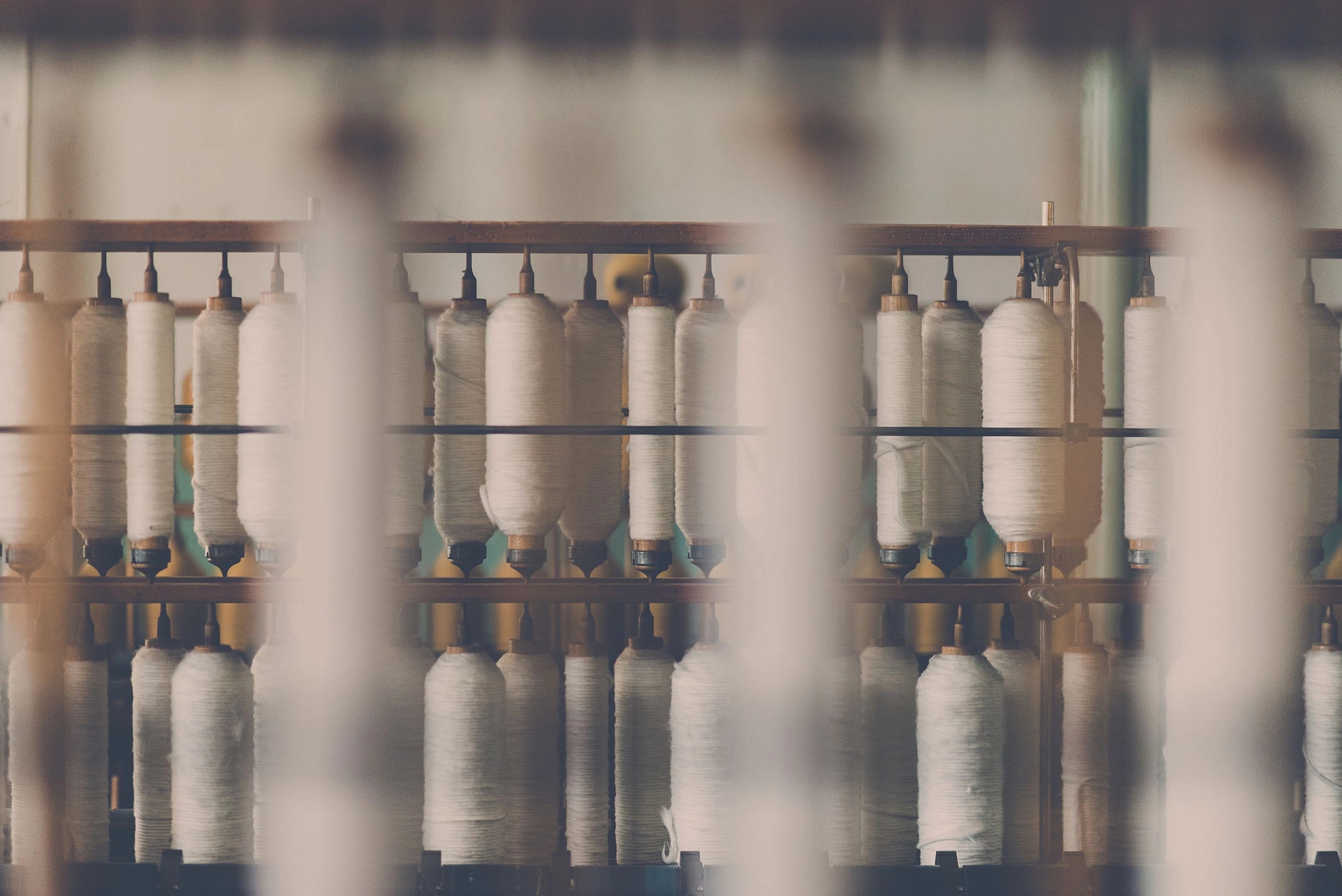
我们负责清理我们自己产生的碳。
电子商务配送会产生碳足迹。因此,我们为从大气中移除碳且经过验证的项目提供支持。



系统基于重量、发货方式和行驶距离计算每次配送的碳足迹。我们通过开创性项目购买经过验证的碳移除额度来中和这些排放量。



下单后,您将加入一个由主动保护环境的商家和客户构成的社区,他们致力于实现可持续发展的未来。我们已总计中和超过 45,000,000 的运输排放量和移除 32,000 公吨碳。

我们与由开拓性碳移除公司组成的网络合作,这些公司经过 Shopify 商务平台审查。

Sustainability
We clean up after ourselves.
E-commerce deliveries have a carbon footprint. That's why we support cutting-edge companies that remove carbon from the air.
Together, participating businesses have…
- Removed more than thousands of tonnes of carbon from the atmosphere
- Provided carbon-neutral shipping for more than millions of orders
Here's how it works: For every order we receive, a formula is used to calculate the estimated shipping emissions. Based on those estimates, a portion of our revenue goes to carbon removal companies that have been vetted by scientists from Carbon Direct. Those companies use that money to remove however much carbon our shipments created. Any extra funds go toward the further development of carbon removal technologies.
Let's meet a few of the companies removing carbon from the sky.
Running Tide
Running Tide is a global ocean health company. They work to restore ocean health and productivity, rebalance the carbon cycle, decarbonize global supply chains, and revitalize coastal communities.

Heirloom
Heirloom's direct air capture technology enhances the carbon mineralization process. Heirloom's technology speeds up the rate at which naturally occurring minerals capture CO₂ rather than using energy-intensive fans to draw air in.
Remora
Remora captures CO₂ from semi-truck tailpipes as they drive, with the CO₂ destined for long-term storage.
Charm
Charm captures CO₂ using plant waste, converts it into a stable, carbon-rich liquid, and safely stores it deep underground—out of reach of wildfires and soil erosion.
Mast Reforestation
Mast is the world’s first and only end-to-end tech-led reforestation company.
As bigger and hotter fires destroy more forestland every year, many landowners are left without good reforestation options. Mast Reforestation uses technology to provide faster and more resilient forest restoration at no cost to the landowner.


Our Manufacturers
OEKO-TEX® is one of the world’s best known labels for textiles tested for harmful substances. It stands for customer confidence and high product safety.
We source our clothing from manufacturers that are ethical and sustainable. We use manufacturers that are OEKO-TEX® certified.
The OEKO-TEX® Standard 100 is a testing certification for numerous harmful chemicals, even if they are not yet legally regulated. The certification of products in accordance with OEKO-TEX® Standard 100 is that all parts of an article meet the required criteria. Extensive product checks and regular company on-site visits also ensure that the industry has a globally sustainable awareness of the responsible use of chemicals.
- Important legal regulations, such as banned Azo colourants, formaldehyde, pentachlorophenol, cadmium, nickel, etc.
- Requirements of Annexes XVII and XIV of the European Chemicals Regulation and their safe use REACH
- European Chemicals Agency ECHA
- SVHC Substances of Very High Concern
- Requirements from the US Consumer Product Safety Improvement Act (CPSIA)
- Discussions and developments that are considered to be relevant are taken into account as quickly and effectively as possible through updates to the STANDARD 100 by OEKO-TEX® requirements.
- Numerous environmentally relevant substance classes.
Read more at OEKO-TEX®.
The Better Cotton Initiative (BCI)® is a global not-for-profit organization and the largest cotton sustainability programme in the world.
We work with manufacturers that are part of the Better Cotton Initiative®.
The Better Cotton Initiative (BCI)® exists to make global cotton production better for the people who produce it, better for the environment and better for cotton communities. It is the largest cotton sustainability program in the world and uses members fees to tackle labour challenges that often exist in the farming sector, aiding in the core vision of a world where all cotton farming is sustainable.
Better Cotton trains farmers to use water efficiently, care for soil health and natural habitats, reduce use of the most harmful chemicals and respect workers’ rights and wellbeing. Better Cotton is sourced via a chain of custody model called mass balance.
This means that Better Cotton is not physically traceable to end products, however, Better Cotton Farmers benefit from the demand for Better Cotton in equivalent volumes to those we ‘source.’
Better Cotton is an ever-evolving programme creating new targets for themselves and their members every year.
Better Cotton Initiative works with on-the-ground partners across the world to support cotton communities to build resilience and improve their livelihoods, with a big focus on women’s equality within the cotton farming community and in some cases gaining economic independence and or leadership roles.
Partnering with an organization that improve social, environmental and economic outcomes for the industry we are apart of is important ethos of ours. By choosing our cotton products, you’re supporting our investment in Better Cotton’s mission.
Read more at Better Cotton Initiative®.

Our Materials
Polylana®
Our beanies are made with the Polylana® fiber. The evolutionary Polylana® fiber achieves the softness of a synthetic wooly fiber with a significantly lower environmental impact than acrylic. Polylana® fiber is versatile, traceable and 100% recyclable.
It’s all part of their mission to make the industry more sustainable; collaborating with as many partners as possible to draw down their collective impact thanks to higher quality, lower emissions solutions.
Polylana is OEKO-TEX® certified and PETA® approved.
Read more at Polylana®.
Forest Stewardship Council (FSC)®
Our prints and hang tags are made with FSC-certified paper. As the pioneer of forest certification, the Forest Stewardship Council (FSC)® sets the standard for responsible forest stewardship. Their policies unify a diverse set of stakeholders around common guidelines for forestry that are:
- environmentally appropriate
- socially beneficial
- economically viable
Their open and transparent standards include safeguards to ensure that stakeholders throughout the forest supply chain live up to the principles that protect healthy and resilient forests for all, forever.
Read more at FSC®.

